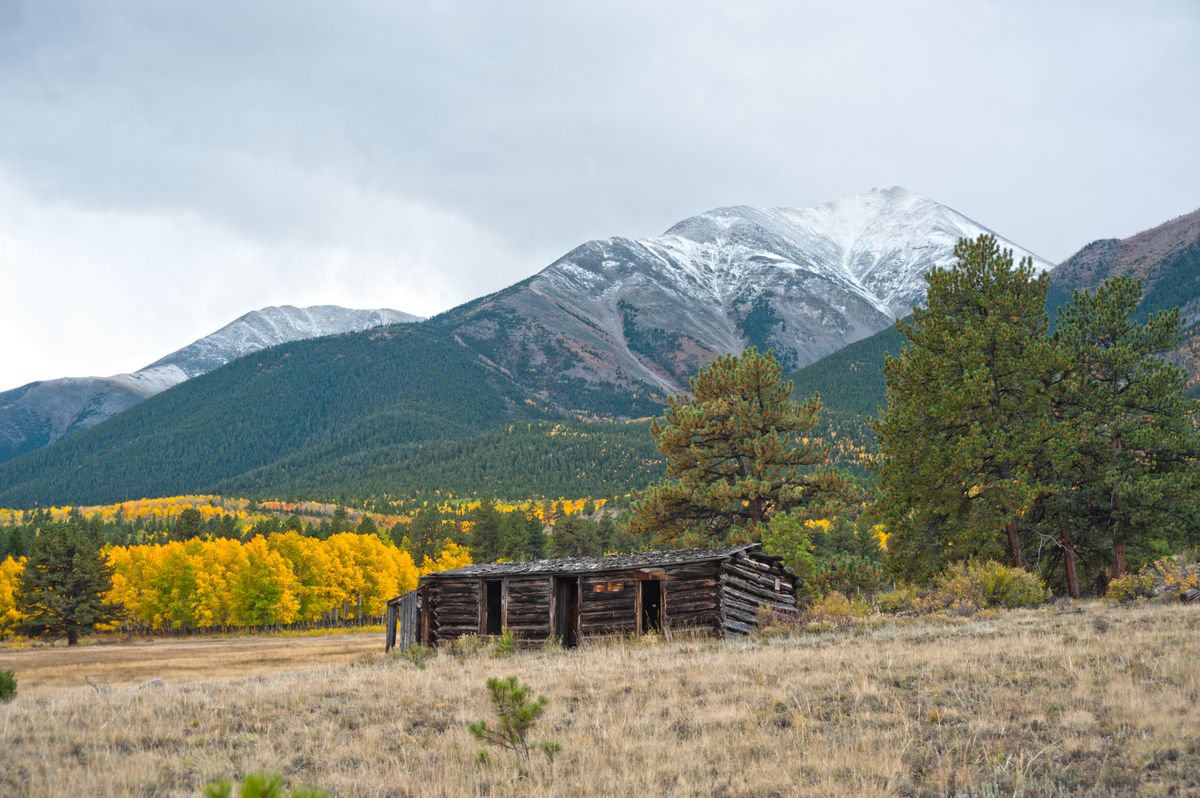
Colorado Sales Tax Collection Requirements
Published: May 5th, 2018
Which Local Sales Tax Do You Have To Collect In Colorado?
We Only Have One Location. Do We Have To Collect For Other Areas? (The answer is often, “Yes”!)
The answer depends upon where you are “doing business” in Colorado and what those business activities entail.
Colorado has State-collected (“statutory”) jurisdictions such as counties, cities and special districts. There are also over 70 home-rule jurisdictions that administer and audit for their own sales and use taxes. These include most of the larger cities in Colorado such as Arvada, Aurora, Centennial, Colorado Springs, Denver, Fort Collins, Lakewood, Pueblo, Thornton and Westminster and many of the smaller cities and towns.
Doing business is specifically defined by Colorado State Statute for State and State-collected jurisdictions. Other home-rule jurisdictions may have their own definitions and interpretations of “doing business”.
The typical examples of “nexus” triggering activities such as a physical location, employees or agents soliciting or installing, owning assets, etc. generally apply, but some of the home-rule cities have a very low minimum.
Licensing with a home-rule city and the collection and remittance of their sales tax can be required upon the very first sale into a home-rule city. Others may require licensing after more than one delivery into their city within 12 months.
For the State and State-collected jurisdictions if only delivery is involved, you’ll generally just be required to collect tax for the jurisdictions you have in common with your customer. However, just one installation is commonly considered sufficient to require licensing with home-rule cities and collection and remittance of statutory jurisdictions’ sales tax to the State.
Some State-collected Specials Districts have an applicable use tax such that vendors that may not be required to collect sales tax may still be required to collect and remit Retailers Use Tax.
To report and remit sales tax for jurisdictions beyond your local jurisdictions you’ll need one or more multilocation filer branch ids. This is complicated and very burdensome:
Here are some highlights from the CO DOR Sales FYI 58 Sales Tax Remittance for Multiple Site Businesses:
Colorado Filing Requirements for Multiple Site Businesses
What is a Multiple Site Filer?
A multiple site filer is any business entity selling, renting or leasing tangible personal property within multiple jurisdictions throughout Colorado with the requirement to remit sales or use tax to the Department of Revenue.
What are the Licensing Requirements of Multiple Site Filers?
A sales tax license will be required for each physical site.
When are You Required to Register a Non-Physical Site?
A non-physical site is required when a business makes sales into a local taxing jurisdiction, but the business does not have a physical presence within that jurisdiction. A non-physical site is required when a business chooses to collect local jurisdictional taxes when there is not a physical location within that jurisdiction. A non-physical site is required when a business engages in delivery and installation and/or solicitation by representatives who carry inventory for sale/rental/lease (mobile vendors).
The Colorado form DR 1002 lists the statutory and home-rule jurisdictions with their applicable rates.
Caution: Address Verifications should be done to determine applicable jurisdictions.
State-collected local jurisdictions include some cities and towns, special districts and all counties except Broomfield and Denver. Denver and Broomfield are combined Home Rule city/counties. Home Rule jurisdictions self-administer their own sales, use and other taxes, audits, etc.
Some cities like Lakewood also have their own Public Improvement Fee (PIF). A Public Improvement Fee (PIF) is a fee that developers may require their tenants to collect on sales transactions to pay for on-site improvements. Cities or another entity often administer PIFs so they are not usually reported on the DR1002.
Can I automate sales tax?
Yes and we can help you understand the issues and find a reasonable provider.
The information in this tax tip addresses issues in general and is limited in scope. Any potential results discussed may vary and circumstances may warrant more or less favorable outcomes.
It’s best to be proactive and to identify and resolve issues before an auditor contacts you. Voluntary Disclosure Agreements are no longer available once you’ve been contacted.
Remedies are often available when you’ve discovered obligations before auditors contact you. Anonymous Voluntary Disclosure is one option. Even if you are already under audit, we can often help. See our Audit Case Studies.
To learn more about how we can help with these or the following issues, please Contact us today:
- Assistance with proactive minimization of prior period sales/use tax liabilities
- Help with nexus questions and issues
- Other sales and use tax related questions
What are your priority issues and when do you want them resolved?
Please click here for more Sales Tax Tips. For additional insight on common sales tax concerns, please see the Did You Know? section of our website.
Note: This tip is intended to provide general information only and is not to be considered as a substitute for professional advice.